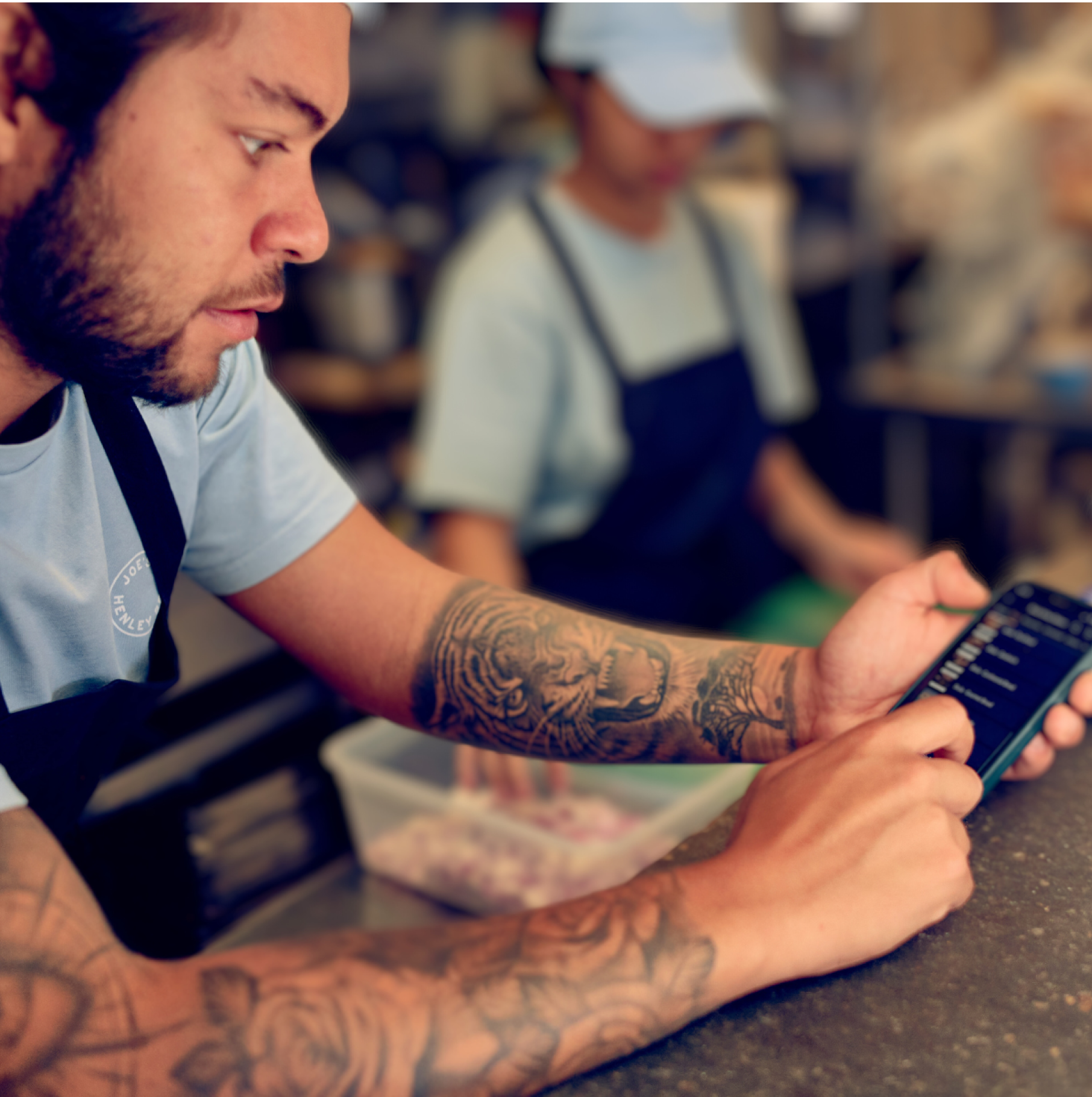Best Selling Products From Fieldwork Coffee

House Espresso (250g bag)
House Espresso is the ever-faithful mainstay of our range; a cornerstone coffee that's roasted for consistent and approachable brewing on both home and professional espresso machines. While the specific lots that make up House Espresso change throughout the year, our target remains the same — a sweet, balanced, and always satisfying espresso. Whether enjoyed black or with milk, House Espresso is a modern classic espresso, tasting of sweet chocolate and rich dried fruits. Details · 100%: Estrella del Ostro — Huila, Colombia Resting To get the most out of House Espresso, we recommend resting the coffee for at least one week after roasting. The espresso will taste at its best between one and six weeks from the roast date. Brewing Recipe · Dose: 20 grams · Temperature: 94C · Time: 28 - 32 seconds · Ratio: 1 : 2 · Yield: 40 grams (Our recipes are developed on La Marzocco Linea machines, using VST 20g baskets.)

House Espresso (1kg bag)
House Espresso is the ever-faithful mainstay of our range; a cornerstone coffee that's roasted for consistent and approachable brewing on both home and professional espresso machines. While the specific lots that make up House Espresso change throughout the year, our target remains the same — a sweet, balanced, and always satisfying espresso. Whether enjoyed black or with milk, House Espresso is a modern classic espresso, tasting of sweet chocolate and rich dried fruits. Details · 60%: Luis Rodriguez — Huila, Colombia · 40%: Eduar Moriones — Huila, Colombia Resting To get the most out of House Espresso, we recommend resting the coffee for at least one week after roasting. The espresso will taste at its best between one and six weeks from the roast date. Brewing Recipe · Dose: 20 grams · Temperature: 94C · Time: 28 - 32 seconds · Ratio: 1 : 2 · Yield: 40 grams (Our recipes are developed on La Marzocco Linea machines, using VST 20g baskets.)

Gitesi, Rwanda (250g bag)
This coffee comes to us from father and son producers, Alex and Aimé Gahizi’s Gitesi washing station in the west of Rwanda. I’ve been working with the Gahizis for well over a decade now, and value our relationship immensely. While the coffee washing station was started by Alex Gahizi after the Rwandan genocide, today it’s largely operated by his son, Aimé. Located in the Western Province, the Gitesi operation extends beyond just the washing station to a collection of around 20,000 coffee trees, owned by the Gahizi family. Here, they’re able to experiment with innovative sustainable agricultural techniques and different varieties of coffee trees. Traditionally, the vast majority of coffee cultivated in Rwanda is a red bourbon variety, and this lot is no different. In future seasons, we hope to be able to source from some of the newer varieties being grown. At Gitesi, ripe coffee cherries delivered daily from nearly 1,800 local smallholder farmers are hand-sorted before pulping — a process that removes the skin and majority of fruit flesh from the seeds inside. The coffee then undergoes around 16-hours of dry fermentation and a 12-hour freshwater soak before being dried on raised beds for up to 15 days. This season’s selections from Gitesi are just wonderful — amongst the best we’ve seen in recent years. Expect warmth, balance, gentle but defining acidity underpinned by red fruit sweetness and flavours of baking spice. Our relationship with Gitesi spans over a decade. Tim has bought coffee from Alex and Aimé since 2013, and in Australia for the past six years. This year, we directly purchased coffee with the aid of Rwanda Trading Company and Sucafina.

Decaf Espresso (250g bag)
Huila, Colombia Colombia, caturra, and castillo varieties, Ethyl acetate process Roasted for espresso brewing TASTES LIKE Milk chocolate, candied orange, and almond croissant


